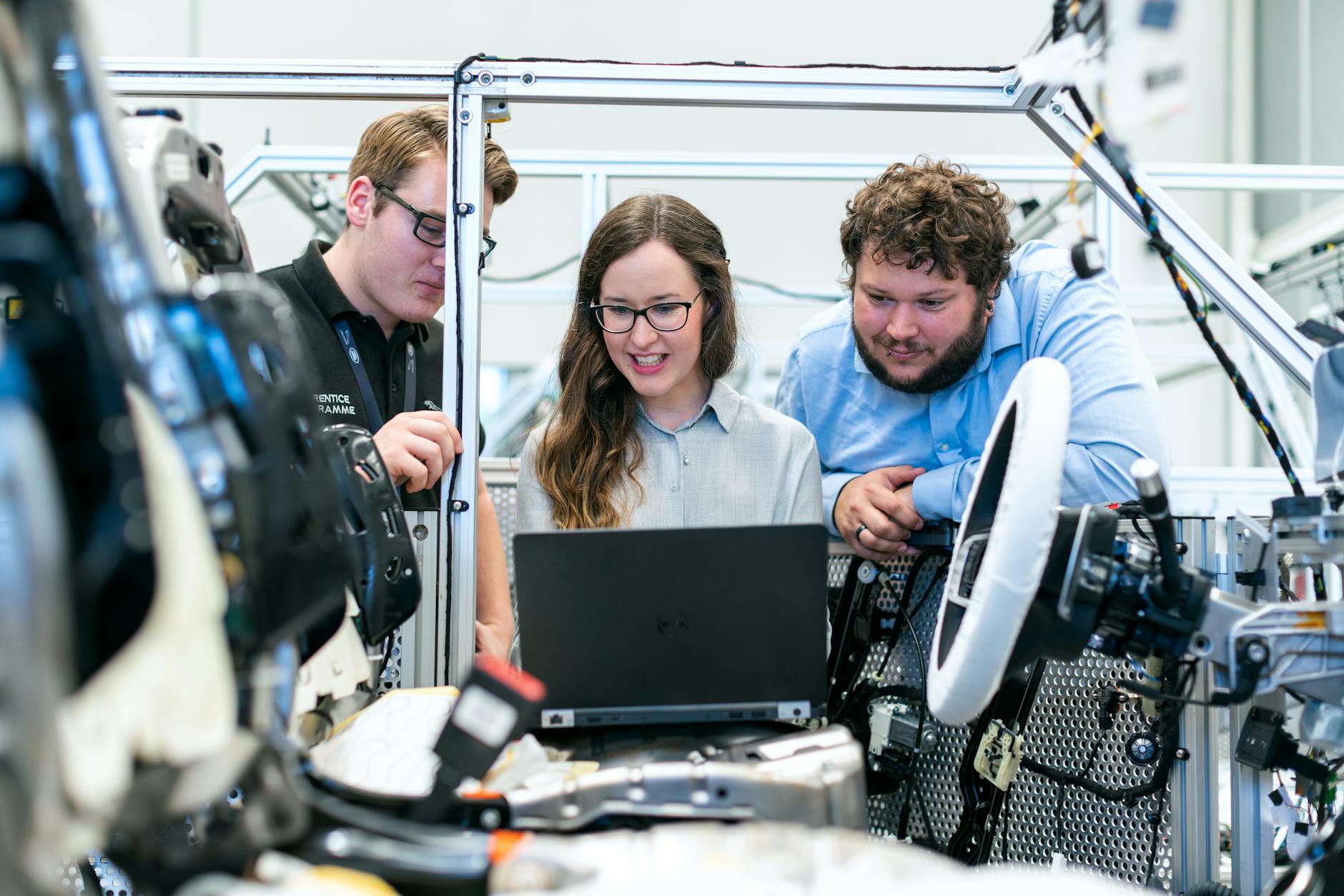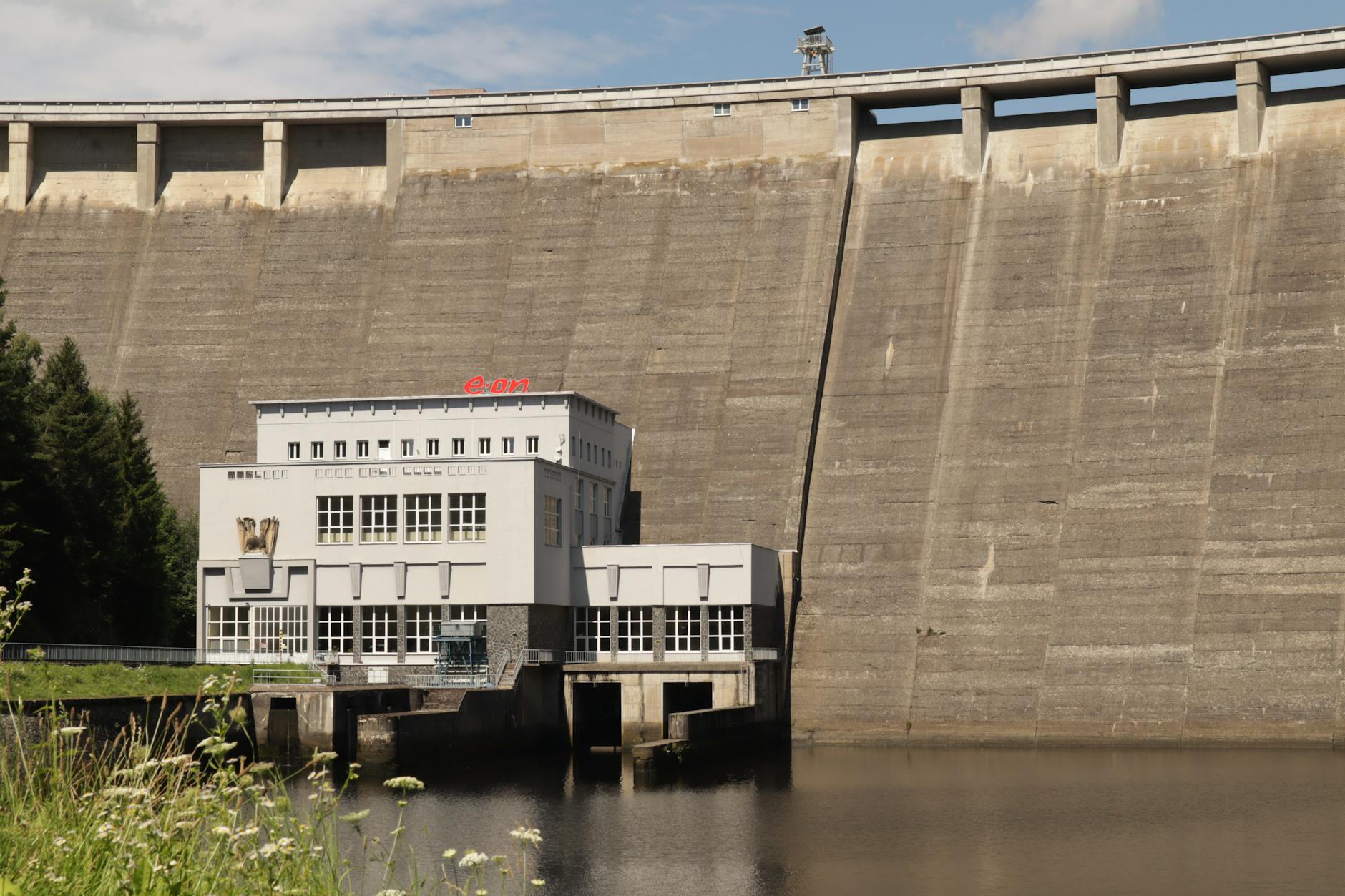- The Evolution of RPA Technology
- RPA Trends Shaping the Future
- RPA in Industry Verticals
- The Benefits of RPA Adoption
- Conclusion
In 2025, the landscape of business process automation is set to undergo a monumental shift with the widespread adoption of Robotic Process Automation (RPA). RPA technology is revolutionizing the way businesses streamline their processes, enhance efficiency, and drive unprecedented levels of productivity. As we look ahead to the year 2025, the realm of RPA presents a promising future filled with endless possibilities for organizations across various industries.
The Evolution of RPA Technology
Over the years, RPA has evolved from performing repetitive tasks to executing complex workflows that involve cognitive capabilities and machine learning algorithms. In 2025, the integration of Artificial Intelligence (AI) and Machine Learning (ML) into RPA platforms will enable businesses to automate even more intricate processes, including decision-making tasks that traditionally required human intervention. This evolution will result in a significant reduction in errors, enhanced accuracy, and improved overall process efficiency.
RPA Trends Shaping the Future
One of the key trends that will shape the future of RPA in 2025 is hyper-automation, which involves the combination of RPA with other technologies like AI, ML, and Natural Language Processing (NLP). This holistic approach to automation will enable organizations to create end-to-end automation solutions that span across departments and systems, leading to seamless operational processes and improved customer experiences.
Furthermore, the rise of cloud-based RPA solutions will empower businesses to scale their automation initiatives rapidly and cost-effectively. Cloud RPA platforms offer greater flexibility, scalability, and accessibility, allowing organizations to deploy automation solutions across geographically dispersed teams and locations with ease. This trend will pave the way for a more agile and interconnected ecosystem of automated processes in 2025.
RPA in Industry Verticals
In 2025, RPA will continue to make significant inroads across various industry verticals, including banking and finance, healthcare, retail, and manufacturing. In the banking and finance sector, RPA will play a crucial role in automating compliance processes, customer onboarding, and fraud detection, leading to improved operational efficiency and regulatory compliance.
In healthcare, RPA will streamline administrative tasks, such as appointment scheduling, claims processing, and medical records management, allowing healthcare professionals to focus more on patient care. In the retail sector, RPA will enhance inventory management, order processing, and customer service functions, enabling retailers to deliver a seamless omnichannel shopping experience to their customers.
The Benefits of RPA Adoption
The adoption of RPA in 2025 will bring a multitude of benefits to businesses, including increased productivity, cost savings, improved accuracy, and faster time to market. By automating repetitive and rule-based tasks, organizations can free up their employees to focus on more strategic and creative activities that drive innovation and growth.
Moreover, RPA can help companies respond rapidly to changing market dynamics and customer demands, thereby gaining a competitive edge in today’s fast-paced business environment. By harnessing the power of RPA, businesses can achieve operational excellence, enhance customer satisfaction, and unlock new opportunities for business expansion and diversification.
Conclusion
As we peer into the future of RPA in 2025, it is evident that this transformative technology will continue to revolutionize the way businesses operate and drive value across all facets of their operations. With the fusion of AI, ML, and cloud computing, RPA will become more intelligent, agile, and scalable, empowering organizations to achieve unprecedented levels of efficiency and innovation.
In conclusion, the dawn of 2025 heralds an era of effortless business process streamlining through RPA, setting the stage for a new era of automation-driven growth and competitiveness in the global marketplace.Embracing RPA today will pave the way for a future where organizations can harness the full potential of automation to drive sustainable success and operational excellence.


